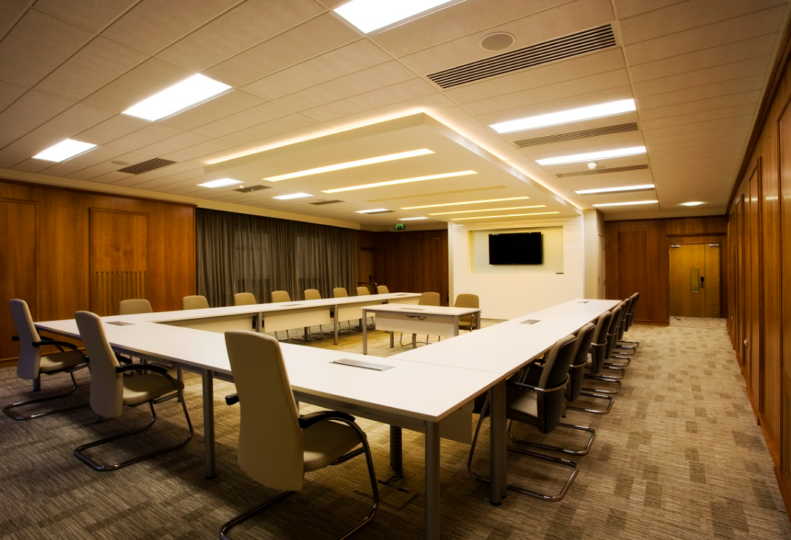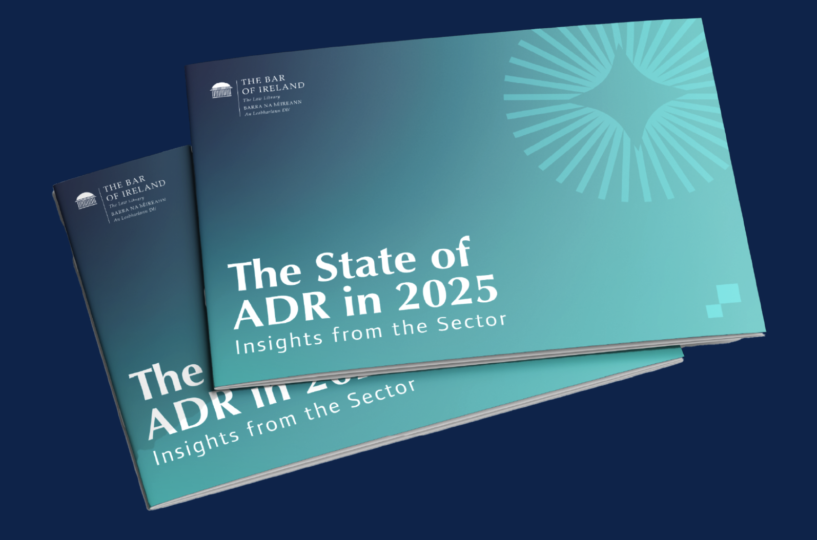Family Mediation in Ireland
Over the past 15 years, family mediation in Ireland has undergone significant transformation, evolving from a relatively underutilised alternative dispute resolution method into a cornerstone of family law practice. This progress has been driven by legislative reform, institutional development, and a growing societal recognition of the benefits of mediation in resolving family disputes amicably and efficiently.

Early Landscape and the Need for Reform
In the early 2000s, family mediation in Ireland was primarily facilitated by the Family Mediation Service (FMS), a state-funded body under the Department of Justice. While the service was free and accessible, uptake was limited due to a lack of public awareness, inconsistent referral practices by legal professionals, and the absence of a statutory framework to support mediation.
The adversarial nature of family court proceedings often exacerbated conflict, particularly in cases involving children. This led to calls for a more collaborative, less confrontational approach to family dispute resolution.
The Mediation Act 2017 | A Legislative Milestone
The most significant legislative development in the past 15 years was the enactment of the Mediation Act 2017, which came into force on 1 January 2018. This Act provided a statutory basis for mediation in civil disputes, including family law matters, and marked a turning point in the formal recognition of mediation as a viable alternative to litigation
Key provisions of the Act include:
- Obligation on solicitors to advise clients about the possibility of mediation before initiating court proceedings.
- Voluntary participation in mediation, with the right to withdraw at any time.
- Confidentiality of the mediation process, ensuring that discussions cannot be used in court if mediation fails.
- Enforceability of mediated agreements, provided they are signed and witnessed.
- Establishment of a Mediation Council of Ireland to oversee standards and training (though this has yet to be fully operational).
While the Act does not apply to criminal proceedings or certain family law matters (e.g., child protection cases under the Child Care Acts), it has significantly influenced how separation, divorce, and custody disputes are approached.

Institutional and Service Developments
Following the enactment of the Mediation Act, the Legal Aid Board assumed responsibility for the Family Mediation Service, integrating it more closely with legal aid services. This move improved access to mediation for lower-income families and streamlined referrals between legal and mediation services.
In addition to state services, private mediation practices and community-based initiatives have expanded. One notable example is the Focus Ireland Youth Family Mediation Service, which targets young people at risk of homelessness due to family conflict.
Cultural Shifts and Increased Uptake
The past decade has seen a cultural shift in how family disputes are perceived and managed. Mediation is increasingly viewed not just as a legal tool, but as a therapeutic and relational process that empowers families to find their own solutions.
This shift is reflected in the growing number of mediations conducted annually. According to the Irish Commercial Mediation Association, there was a 739% increase in mediations between 2003 and 2012 and this trend has continued in the family law context, particularly since the 2017 Act.
Challenges and Limitations
Despite these advances, challenges remain. Public awareness of mediation is still uneven, and some legal professionals remain hesitant to refer clients to mediation, particularly in high-conflict cases. There is also a need for more consistent training and accreditation standards for mediators, especially those working with vulnerable populations.
Moreover, the Mediation Council of Ireland, envisioned in the 2017 Act to regulate the profession and promote best practices, has yet to be fully established. This has led to calls for renewed political will and investment in the infrastructure needed to support mediation’s continued growth.
The Role of Mediation in Family Law Reform
Family mediation has also played a role in broader family law reforms in Ireland. The Family Justice Strategy 2022–2025, launched by the Department of Justice, emphasises early intervention and non-adversarial dispute resolution. Mediation is central to this vision, with plans to expand services, improve coordination between agencies, and enhance public education.
Additionally, the Family Court Act 2024 ( yet to be commenced), provides for the establishment of a dedicated Family Court within the existing court structure. This reform aims to create a more child- and family-friendly justice system, with mediation integrated as a key component of the pre-court process. The Guiding Principles of the Act are set out in Section 8. Subsection (2) (b) provides in so far as is possible parties to family law proceedings should be encouraged to achieve consensus to resolve their family law disputes without recourse to the courts, including by the resolution of issues in dispute by means of alternative dispute resolution methods, such as mediation, unless resolution by such means would not be appropriate due to the nature of the proceedings or the risk of adversely affecting the safety of a party to the proceedings or a child to whom the proceedings relate.
Child Inclusive Mediation
Child Inclusive Mediation is a structured process in which a specially trained mediator meets separately with the child. The child’s voice is then, with their consent, brought into the parental mediation to help inform decisions that affect them.
Looking Ahead: A Vision for the Future
As Ireland continues to modernise its family justice system, mediation is poised to play an even greater role. The past 15 years have demonstrated that mediation can transform how families navigate separation, conflict, and change. With continued investment, legislative support, and cultural acceptance, family mediation in Ireland is well-positioned to play a pivotal role in resolving family disputes—offering a more humane, cost-effective, and empowering alternative to the courtroom.
The views expressed above are the author’s own and do not necessarily reflect the views of The Bar of Ireland.

